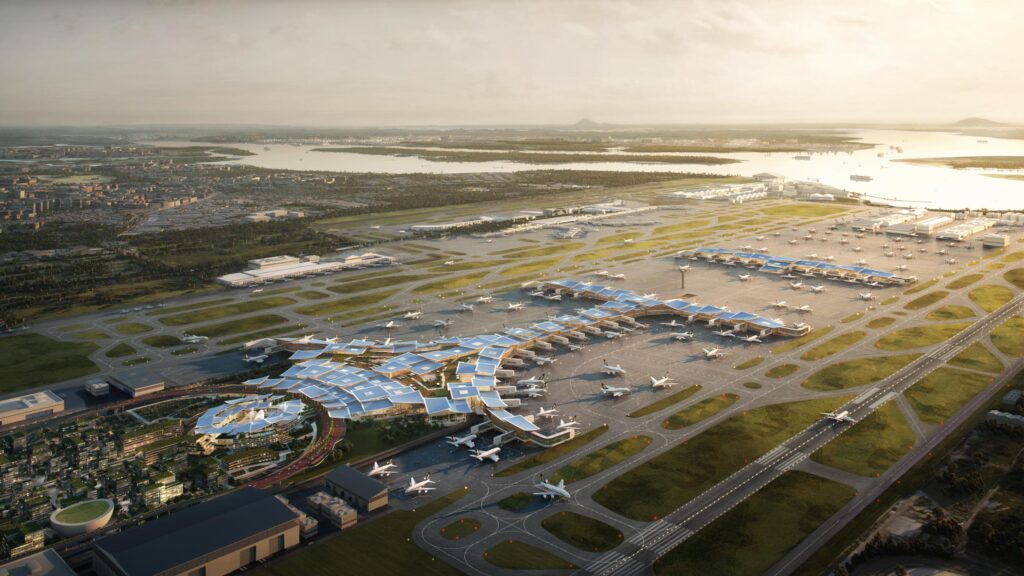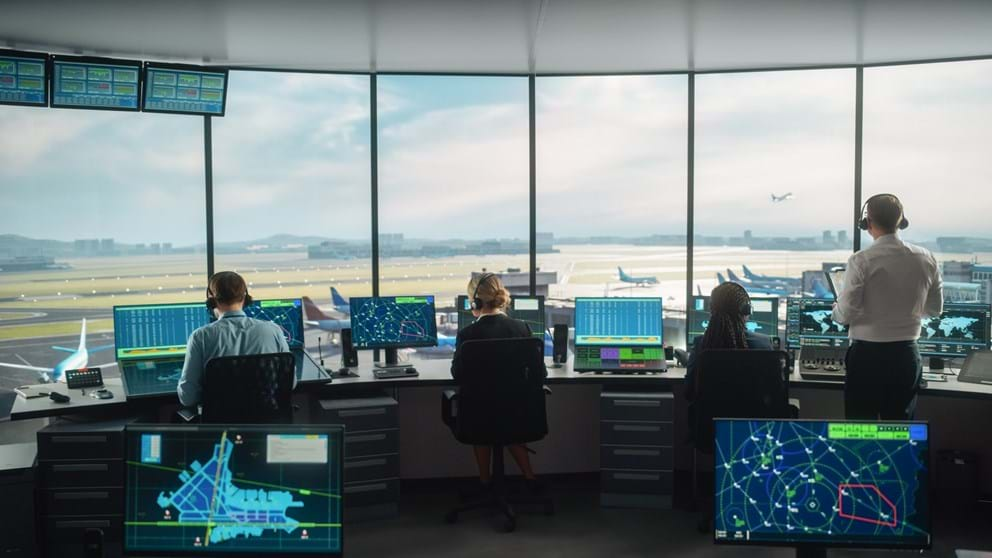AI ‘Eyes’ Keep Changi Airport Runways Clear of Debris
Changi Airport is using an advanced AI system, iFerret, to monitor runways for debris, wildlife, and other potential hazards. This innovative technology, which reduces false alerts by 90%, is set to be fully operational by the end of 2024.

Photo Source: CNN
Changi Airport has deployed an advanced artificial intelligence (AI) system named iFerret to monitor runways for potential hazards. This system scans for metal parts, wildlife, and other debris that could damage aircraft or disrupt flights. iFerret operates through a network of high-definition cameras along the runways, capable of identifying objects as small as 4cm.
Developed with technology services provider NCS, iFerret is expected to be fully deployed across all of Changi Airport’s runways by the end of 2024. This enhanced version of the AI system has been in use on some runways since 2021 and boasts a 90% reduction in false alerts, thanks to improved training that avoids flagging non-debris images like reflections on wet surfaces.
iFerret provides continuous 24-hour surveillance, acting as additional eyes for air traffic controllers and supplementing the regular scans conducted by airport staff. “No one knows when a foreign object might creep up onto the runway, so that’s where the AI comes in,” said an NCS spokesperson. Even small disruptions, such as a monitor lizard on the runway, can impact flight safety, particularly during take-off and landing.
The iFerret system was showcased at the NCS Impact tech conference, held at Marina Bay Sands Expo and Convention Centre, where over 1,000 tech professionals gathered to discuss and display technological advancements. NCS also announced plans to train 3,000 employees, more than a fifth of its regional workforce, as AI practitioners over the next three years. This initiative aims to align with Singapore’s national agenda to triple its AI talent pool to 15,000 within five years.

Deputy Prime Minister Heng Swee Keat, in his opening speech at the conference, emphasized the potential of AI to drive economic growth and benefit society by solving complex problems and taking over tedious tasks. However, he also noted the importance of managing risks such as inaccuracies and cyber threats.
Highlighting NCS’ training initiatives, DPM Heng stated, “To effectively harness the potential of technology, we need to combine the best expertise and experience across different fields.” He lauded the announcement as a valuable effort to develop AI talent in Singapore and across the Asia-Pacific region.
In addition to iFerret, NCS presented over 50 AI projects at the conference, including an AI-assisted call center system designed to help agents with call summaries, issue diagnoses, and quality evaluations.






